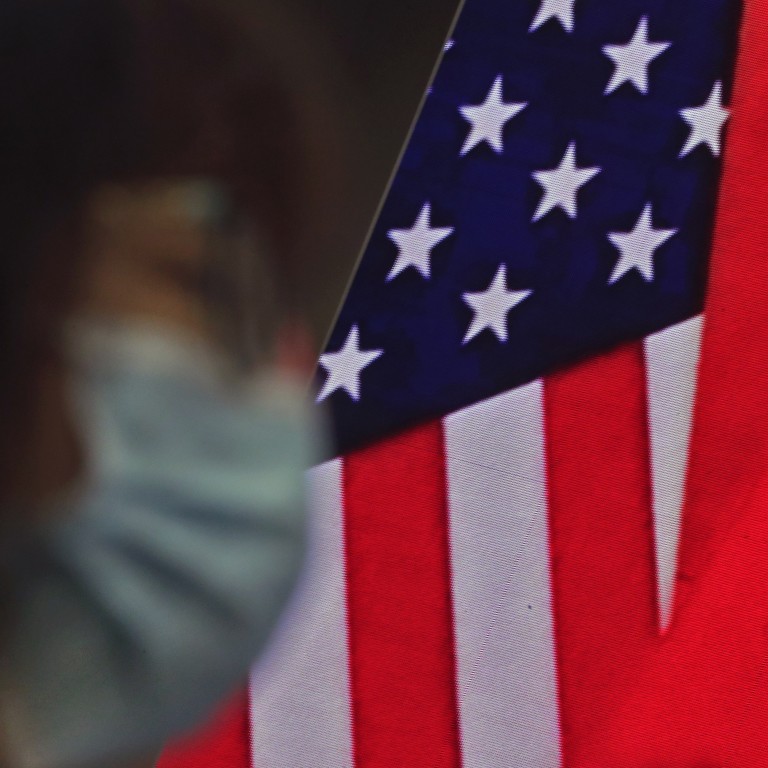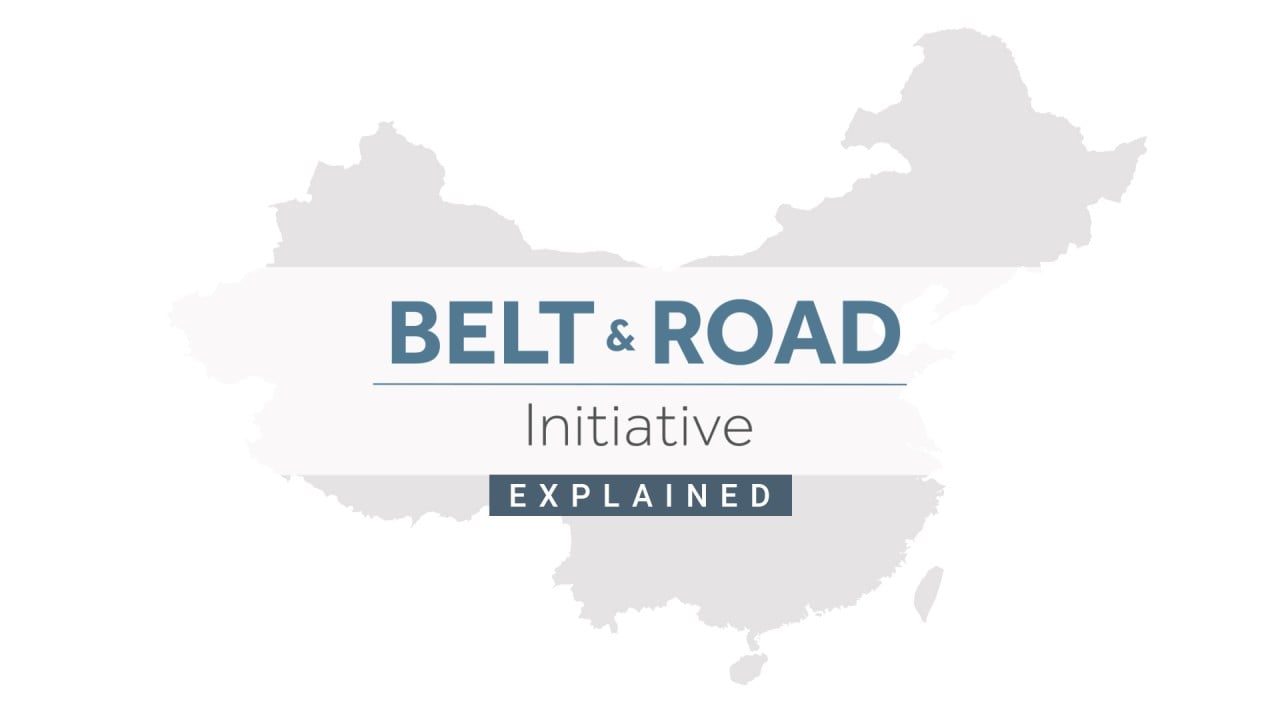
China’s outbound-investment rankings see US, Australia downgraded amid rising political conflict, deteriorating relations
- Government-backed institute also warns of the risks in investing in nations that fall under China’s Belt and Road Initiative
- In ranking the state of China’s relationship with 114 countries, the United States is now dead last, while Australia plunged to 89th from 50th last year
A leading Beijing think tank has lowered the ranking positions of Australia and the United States as destinations for Chinese outbound investment, in its latest assessment of 114 countries, underscoring the risk to investors amid deteriorating relations with the two countries.
The fall was mainly due to the rapid deterioration in relations between Beijing and Canberra, and partly because of Australia’s weakening debt-repayment capability, the institute said at a briefing in Beijing.
China-Australia relations: what’s happened over the past year, and what’s the outlook?
The rankings are widely referenced by Chinese businesses, which have strong incentives to utilise overseas energy, raw materials and labour, while tapping emerging markets and bypassing the trade barriers of developed countries. The political rankings were based on equal weightings of five criteria: political risks, economic fundamentals, debt-repayment capabilities, social stability and relationships with China.
Unsurprisingly, in ranking China’s relations, those with the US fell to dead last on the 114-country list, down from 103rd last year. Relations with Australia plunged to 89th, down from 50th last year, while those with Canada fell to 98th from 90th. The rankings were based on an overall evaluation by dozens of Chinese analysts from the CASS, Renmin University and other organisations.
A statement from the Chinese embassy in Australia subsequently expressed “strong displeasure and resolute opposition” to the move.
“This is another unreasonable and provocative move taken by the Australian side against China,” the embassy said. “It is bound to further damage bilateral relations, and [Australia] will only end up hurting itself.”
Chinese investment in Australia plunged by 61 per cent to A$1 billion (US$773 million) last year, with 86 per cent of that total coming from Chinese companies already established in Australia, according to data from the Australian National University.
Overall, Germany is now ranked as the best destination for outbound Chinese investment, followed by Switzerland, Luxembourg, South Korea and New Zealand.
China-US relations remain tense, investments in the US are largely stalled, and Chinese companies face lots of difficulties in their efforts to be listed in the US
The CASS’s head of investment risk research, Gao Lingyun, attributed the fall in the US ranking to its domestic political uncertainties, including internal political struggles, failures in its pandemic control and rising populism.
“China-US relations remain tense, investments in the US are largely stalled, and Chinese companies face lots of difficulties in their efforts to be listed in the US,” he said at the briefing.
Beijing has spent years diversifying away from developed countries by encouraging more investment in belt and road countries.
Its non-financial outbound direct investment in these regions rose 18.3 per cent, year on year, to US$17.8 billion in 2020, accounting for 16.2 per cent of the country’s total outbound investment of US$110 billion, according to the Ministry of Commerce.
However, the think tank warned that investors must be aware of the risks in some of these nations.
Singapore is the only belt and road country that is regarded as a “low risk” for investors. Nine others are labelled high-risk countries, including Iran and Turkey. India ranks 83rd, just three places away from the high-risk category.
At the bottom of the list of 114 countries are Sudan, Iraq and Venezuela.
A recent study by Boston University’s Global Development Policy Centre said Beijing has been cutting back on its lending to some of the regions involved in its Belt and Road Initiative.
For instance, Beijing’s two global policy banks – the Export-Import Bank of China and China Development Bank – made no new financing commitments to Latin America or Caribbean governments in 2020 for the first time in 16 years.
At the same time, loan commitments to Africa dropped to US$7 billion in 2019, down 30 per cent year on year, the centre said.


